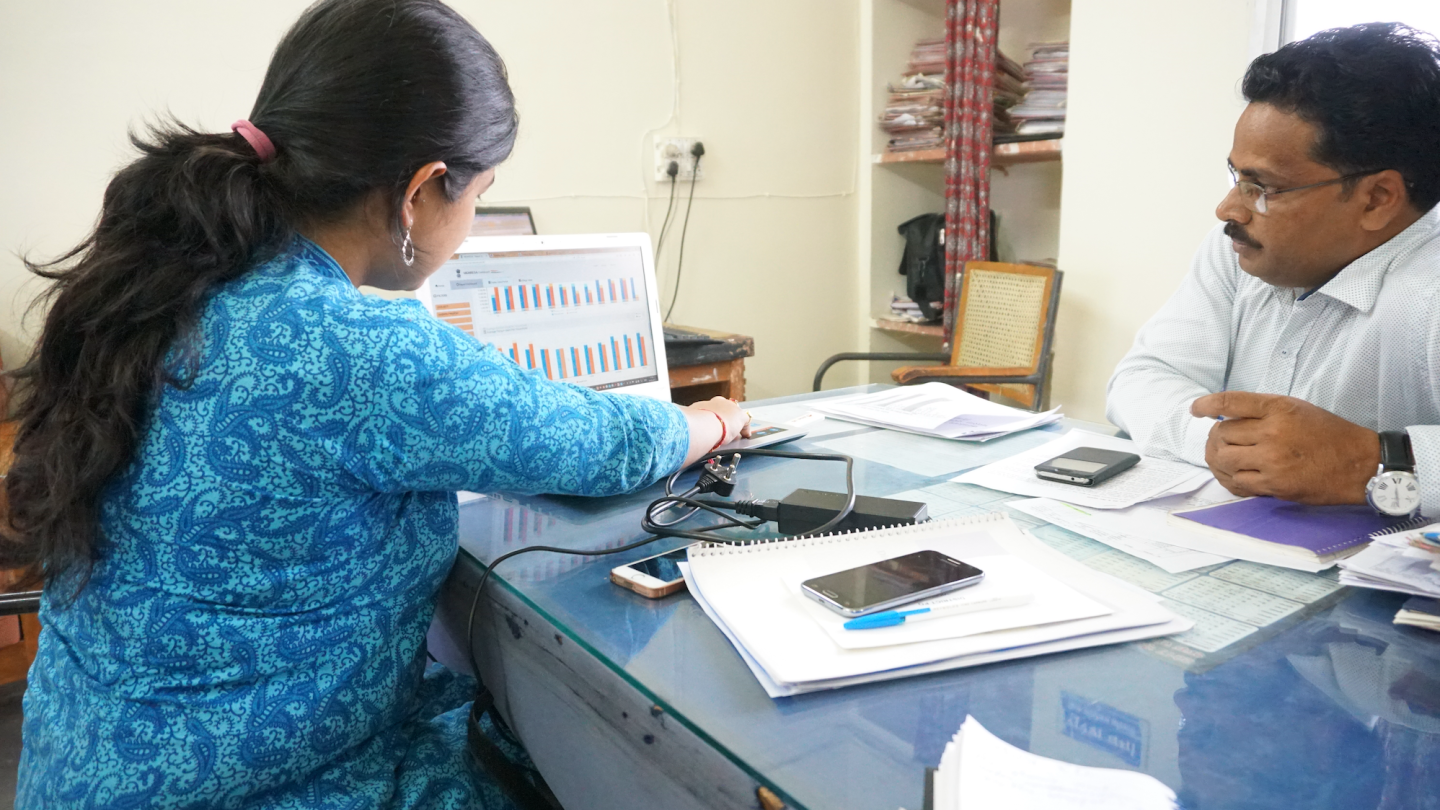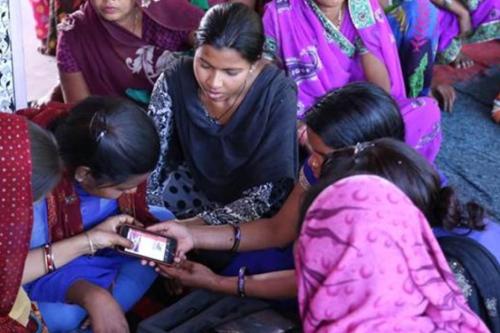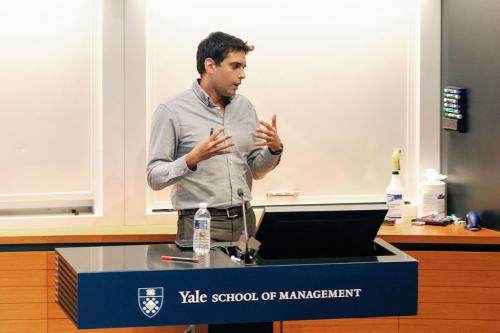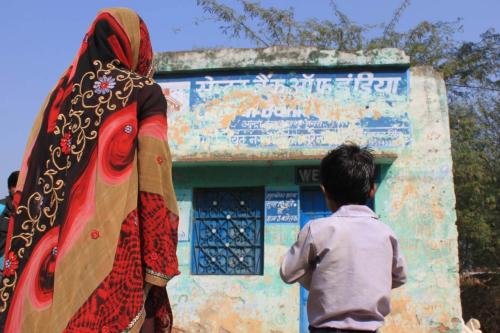Research on improving social safety nets
For the poor to thrive and exit poverty, they need protection during hard times. The core of India's rural social protection strategy is its national workfare program, which provides poor households up to 100 days per year of paid manual labor through the Mahatma Gandhi National Rural Employment Guarantee Act (MGNREGA). Established in 2006, MGNREGA – the world’s largest social assistance program – works to raise incomes and provide economic stability to tens of millions of poor rural households. But program challenges – such as delays in wage payments that, in the past, could stretch to months – can be disastrous for poor households awaiting them and discourage the needy from participating.
PayDash, an app that provides real-time data to local government officials, significantly reduces payment delays for rural households working for India’s workfare program. The tool has now been expanded to additional states and policy implementers.
Since 2013, researchers from Inclusion Economics at Yale University and Inclusion Economics India Centre – in collaboration with colleagues from IDInsight and the University of Michigan – have worked with India’s Ministry of Rural Development to increase the user-friendliness of MGNREGA data and make the program more efficient. In a field experiment spanning three Indian states, the team developed and tested PayDash, a web and mobile app for local government that uses real-time data already being collected to improve payment processing times. Access to the app was randomized across levels of the MGNREGA administrative hierarchy. PayDash reduced both payment processing times and officer transfers, a costly performance management strategy. Alongside these outcomes it increased work provision. Building on these results, researchers are now extending a modified version of the app to local elected officials and MGNREGA implementers in the state of Bihar, and partnering with the Ministry of Rural Development to scale its use in other parts of the country. Separately, Inclusion Economics at Yale University is also working to strengthen MGNREGA oversight and expand access by studying the Indian government’s “social audits” initiative.




